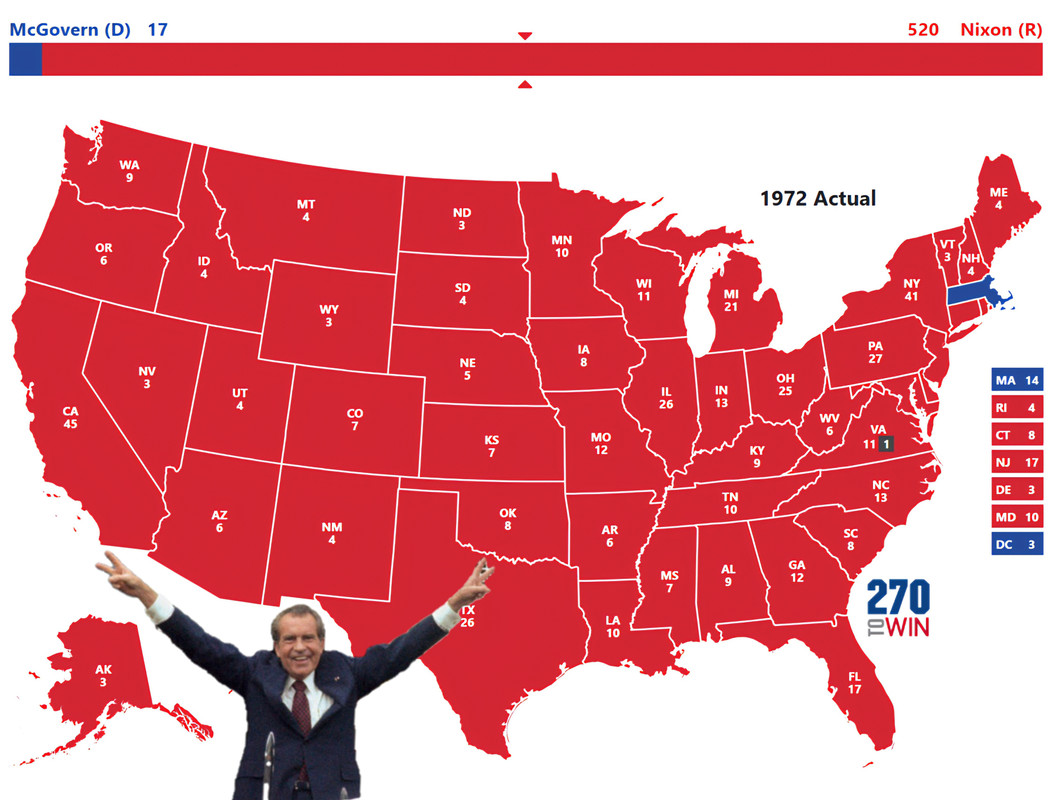- Joined
- Dec 1, 2020
- Messages
- 9,002
- Reaction score
- 38,739
Republican presidents are trash. Shoutout to fucking Nixon though for creating the EPA that Trump is destroying lmao.
He deserves the shout-out, if not a total re-evaluation.
The Nixon Presidency (1969-1974) is predominantly remembered for foreign policy, with his overall legacy defined by the watergate scandal, his subsequent resignation, and pardon by Gerald Ford. In-between all of that was one of the most accomplished domestic policy agendas in American history. One of the most incredible things about this aside from the fact that he was a Republican is that Nixon himself was privately ambivalent on the environment.
But as one of the most pragmatic operators to ever occupy the oval office, he recognized 1) the issue was not a passing fad and 2) tangible action had to be taken. He delivered, like nobody else before or since. Whereas Theodore Roosevelt remains unparalleled as the greatest champion of wilderness conservation and creation of public lands (230 million acres in the form of 150 national forests, 55 national wildlife refuges, and 18 national monuments), Nixon's achievements are based on generalized environmental protections and regulations.





